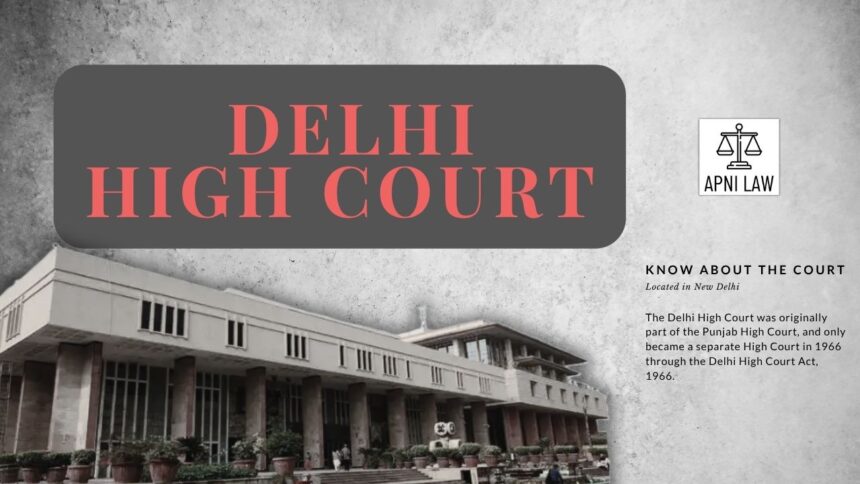Introduction
In X v. State Govt. NCT of Delhi & Another, the Delhi High Court clarified that a victim’s familiarity with the accused or her voluntary visit to his room cannot justify casting doubts on her allegations of sexual assault. The court emphasized that such remarks are unwarranted and should not appear in bail orders. It reiterated that the character or conduct of the victim must not be judged prematurely.
Facts of the Case
The complainant is a journalist and PhD student at Jawaharlal Nehru University (JNU). She accused a fellow student of sexually assaulting her on two occasions. The trial court granted bail to the accused but made adverse remarks about the complainant.
The trial court noted that the complainant was educated, aware of her actions. She had voluntarily gone to the accused’s hostel room. It also observed that her allegations stemmed from confusion in a long-distance relationship and that her statements lacked mention of forceful intercourse. Feeling that these remarks unfairly targeted her, the complainant approached the Delhi High Court seeking their removal.
What the Court Said
Justice Amit Mahajan, delivering the judgment, stated that a victim’s familiarity with the accused does not justify assumptions about consent or conduct. The court observed that no person, under any circumstance, has the right to sexually assault another, regardless of prior acquaintance or voluntary meeting.
The High Court held that the trial court’s observations were improper. They amounted to victim-blaming and had no place in a bail order. Such remarks, the court noted, can cause lasting harm to a victim’s dignity and may prejudice the case before trial. The High Court modified the order, removing the adverse comments while allowing the accused’s bail to stand.
Justice Mahajan also emphasized that bail hearings are not the stage to assess credibility. Also, it is not to determine the truthfulness of the allegations. Those questions belong to the trial, where evidence is properly tested. Courts, at the bail stage, must refrain from making statements that could undermine the victim’s case.
Broader Implications
The judgment sends a clear message to lower courts. Avoid making moral or character-based judgments about victims in sexual offence cases. It reinforces that a woman’s consent must be explicit, and her prior conduct or acquaintance with the accused cannot be used to discredit her.
By striking down the remarks, the Delhi High Court protected the complainant’s dignity and upheld the principle that victims should not face secondary victimization through judicial observations. The ruling strengthens the victim-centric approach in sexual assault jurisprudence and ensures that fairness prevails even at preliminary stages like bail hearings.
This decision aligns with the broader judicial trend that aims to eliminate stereotypes about consent, morality, and female behavior in rape cases. It also reminds judges that even subtle language in orders can deeply impact. This could be both the perception of the victim and the integrity of the trial.
For any specific query call at +91 – 8569843472
Conclusion
The Delhi High Court’s ruling in X v. State Govt. NCT of Delhi & Another reinforces that consent and credibility are matters for trial, not bail. The court made it clear that a woman’s decision to meet or visit someone cannot be used against her in assessing sexual assault allegations. Thus, removing prejudicial remarks, the High Court upheld judicial neutrality and reaffirmed the dignity and protection owed to every victim of sexual crime.








